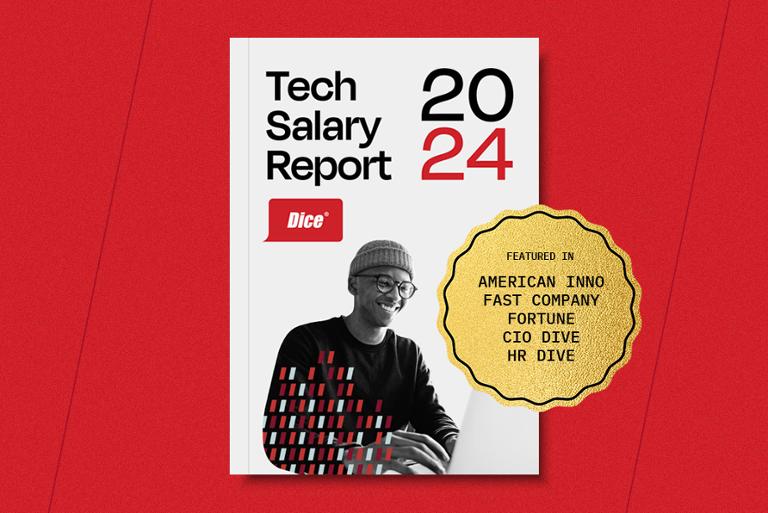How much can top software engineers make at Microsoft?
That’s an excellent question for anyone who’s interested in working their way up the career ladder at a big tech firm—after all, even if you don’t land a job at Microsoft itself, the company’s salaries often influence how much other firms pay their most senior tech professionals.
According to levels.fyi, which crowd-sources salary information, Microsoft pays its engineers who hit level 67 (i.e., principal software development engineer) roughly $222,714 in salary, along with $226,000 per year in stock options, and a bonus of $73,143.
Those who climb to level 69—making them a full-fledged “partner”—can make $270,000, with a stock grant of $500,000 and a bonus of $140,000 (although the levels.fyi database only has data from a single respondent at that level).
Compare that to Google, where software engineers at the L7 level (a senior manager role; roughly equivalent to Microsoft’s level 67) can expect to pull down $256,059 in annual salary, $286,176 in stock, and a bonus of $83,294. Those who ascend yet another level to full-on director (L8) can enjoy total compensation of roughly $800,000 (but as with Microsoft level 69, there are few L8 respondents to levels.fyi, making it harder to get an accurate grasp of salaries at this level).
Once you've climbed to this height, of course, you're likely more of a manager than a developer or engineer. Some tech professionals might not like this if all they want to do is build and code. For others, though, there's nothing better than managing a team that knows exactly what it's doing, and has big challenges to overcome.
Check out this handy chart breakdown:
Salary-wise, level 67 is a pretty steep upgrade from a Microsoft SDE, which is the software-engineering position that you’d basically land right after graduating college; they’re paid $130,287 as a base salary, supplemented with a $16,824 average signing bonus and four-year stock options totaling $25,902.
Google, by comparison, pays entry-level engineers an average of $115,000, combined with a $44,000 signing bonus, stock options worth $139,000, and an annual bonus of $22,000.
Of course, specializing in certain in-demand skills will boost salaries still higher, even for senior engineers making quite a bit of money. Artificial intelligence (A.I.) and machine learning (ML) expertise, for instance, can result in multi-million-dollar paychecks, for instance, once you factor in perks and benefits such as stock bonuses. At companies such as Lyft and Uber, senior software engineers can actually make more in stock options than they do in salary, for instance.
The bottom line, though, is that the big tech companies (predictably) pay their top software engineers a lot of money. For some tech professionals, working at a massive mega-corporation might prove a bit too stifling—but for those who want to work on huge projects that potentially impact the lives of hundreds of millions of people, big companies are definitely the place to be.




